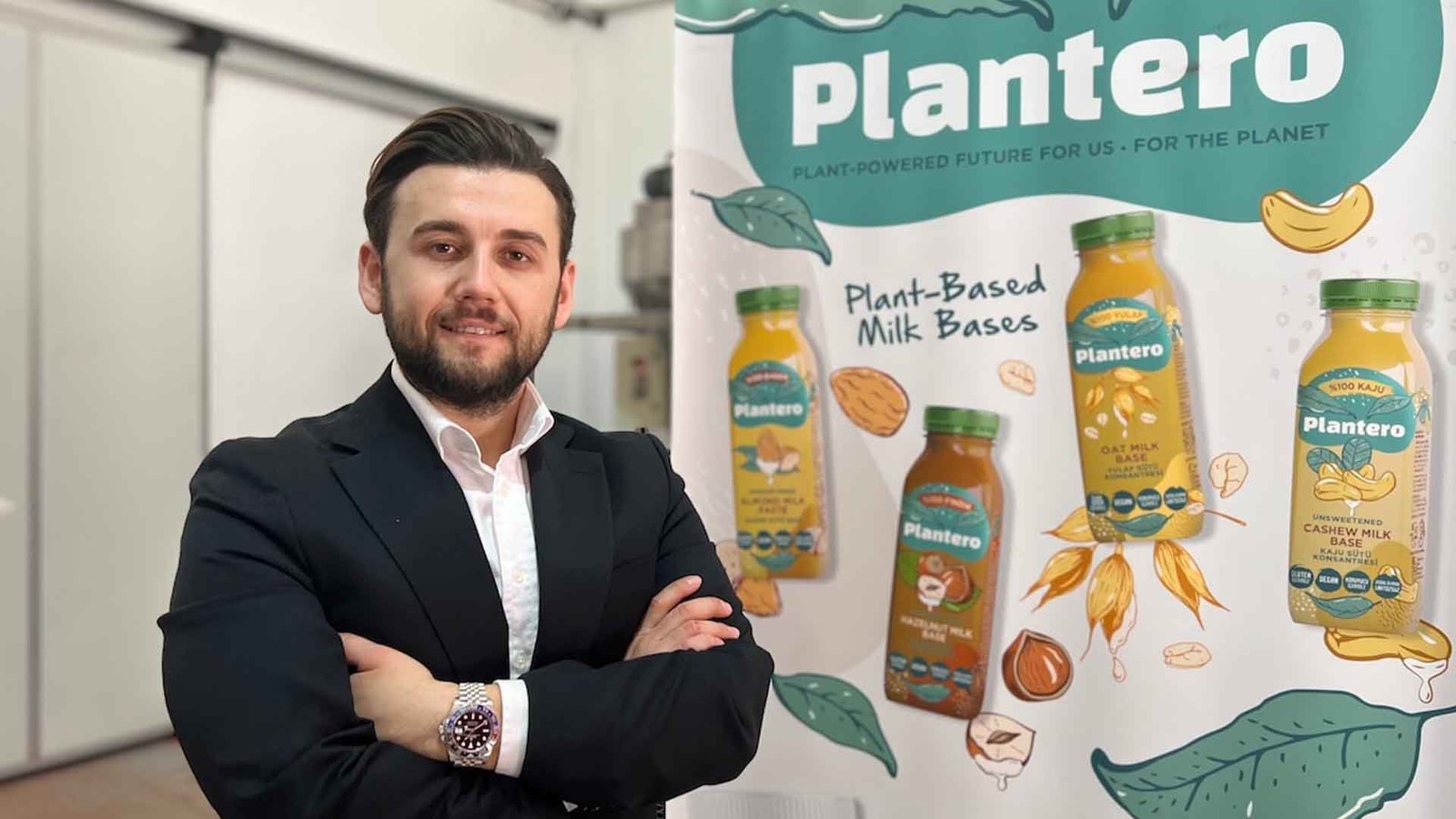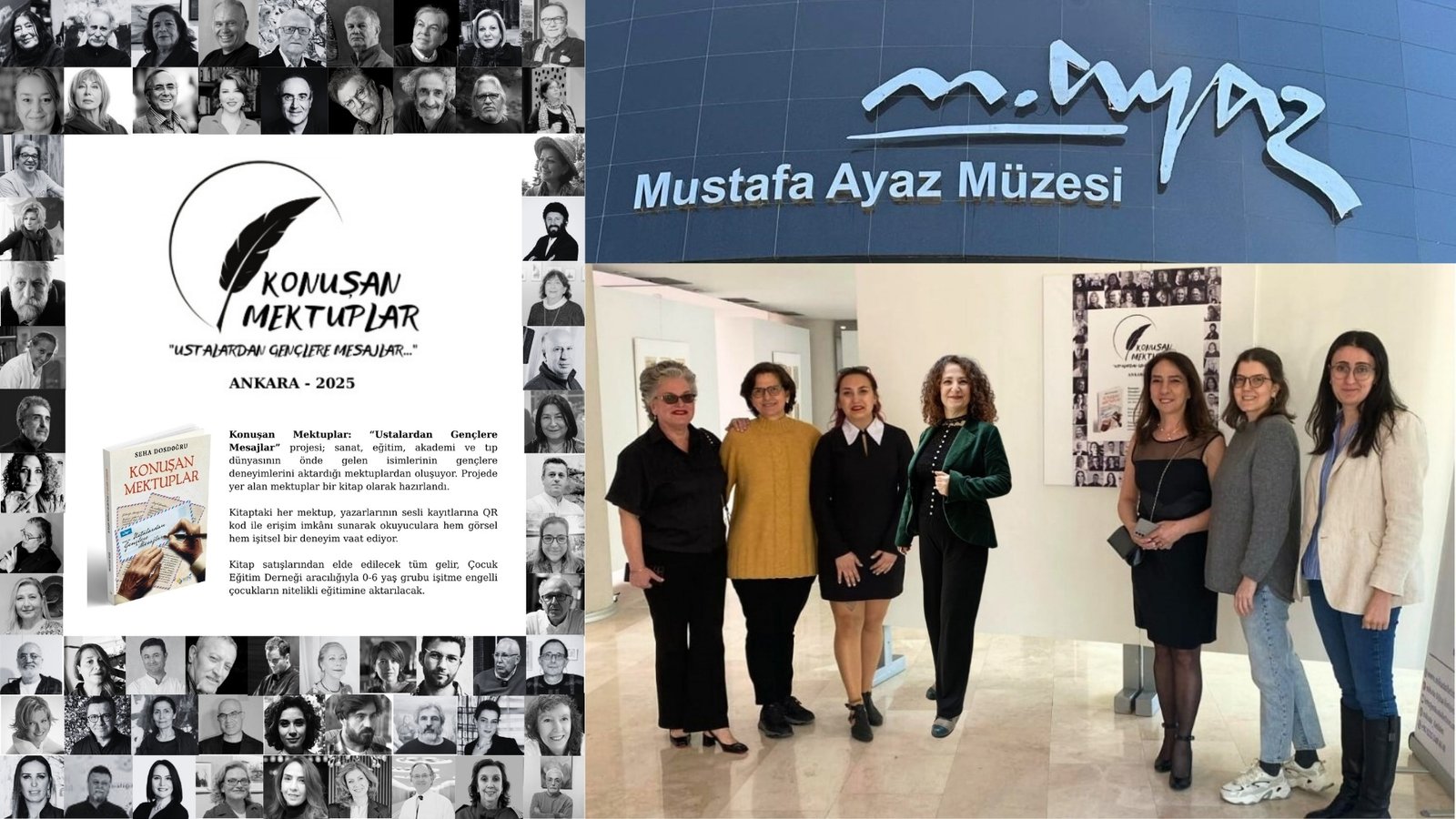While 65% of the world’s population cannot digest lactose, a sugar found in milk and dairy products, this condition leads to lactose intolerance due to insufficient lactase enzyme production in the small intestine. Recent research indicates that lactose intolerance affects at least 70% to 80% of the population in Turkey, with those who avoid lactose-containing foods exploring different alternatives.
According to a study published in the National Library of Medicine, 65% of the world’s population cannot digest lactose, a natural sugar found in milk and dairy products. Lactose intolerance, caused by insufficient lactase enzyme production in the small intestine, is most common in adults of East Asian descent, affecting 70% to 100% of the population. In Turkey, however, where it is recorded that 70% to 80% of the population cannot digest lactose, lactose intolerance is generally a condition that occurs after adolescence. Türker Yaşın, CEO of Plantero, shared some alternative solutions, noting, “Some people cannot produce lactase enzyme from birth, while others may decrease lactase enzyme production as they age. Lactose intolerance varies depending on genetic predisposition, geography, and dietary habits. For example, while milk and dairy consumption is high in all European countries, South European countries exhibit a high rate of lactose intolerance, whereas Northern European countries have lower rates. In Turkey, despite the fact that milk consumption by humanity is thought to have originated in northwestern Anatolia in what is now Turkey around 9,000 years ago, a very high majority, around 70-80% of the population in these lands where milk has been consumed for a long time, cannot digest lactose.”

“The diagnosis of lactose intolerance is made through some tests.”
Türker Yaşın, CEO of Plantero, stated, “Lactose intolerance is the most common type of food intolerance worldwide. People with lactose intolerance experience digestive problems such as abdominal pain, bloating, diarrhea, and nausea when they consume milk and dairy products. Intolerance can be determined in individuals presenting with these symptoms through methods such as hydrogen breath tests or fecal acidity tests,” adding, “By establishing a balanced and correct dietary regimen, individuals can easily substitute all the benefits that milk can offer and avoid potential discomfort caused by milk.”
“Individuals diagnosed with lactose intolerance should reduce or completely eliminate milk and dairy consumption. Our plant-based products, which offer a healthy and delicious alternative to lactose intolerance, are lactose-free and also free from soy, gluten, preservatives, artificial flavors, antibiotics, or GMOs. They contain no animal-derived ingredients and are not tested on animals. With our products, we aim to improve the quality of life for individuals with lactose intolerance.”
“Consumers should be careful when choosing plant-based milk alternatives.”
Türker Yaşın, CEO of Plantero, emphasized the importance of careful selection amid the growing market of plant-based milk alternatives, which closed last year at $27 billion and is projected to reach $43.6 billion by 2028, stating, “As consumers who want to quit milk consumption search for plant-based alternatives, choosing the right product becomes the most important issue. The first rule is to always analyze the label. Especially, it is beneficial to stay away from products containing preservatives, thickening agents, and artificial flavors. Although such products are approved for use in the food sector, there is not enough research on what reactions occur when plant-based milks are produced using UHT pasteurization technology, where the product reaches 135 degrees within 5 seconds and then drops back to the 20s.”
Türker Yaşın concluded his words by saying, “Plant-based milk concentrates are produced only by processing nuts such as almonds, hazelnuts, and cashews. Therefore, they contain no additives, preservatives, or flavors. Also, being concentrated, they can be stored for a long time after being opened without spoiling. We are often asked where these products can be used. To give a short answer to this question, any recipe made with regular milk can also be made with plant-based milks. Especially if searched online, recipes such as vegan yogurt, pudding, and cake can be found. We can also see that many chefs add plant-based milk to their favorite recipes from the menus of famous restaurants.”














































